Jul 29, 2024 By Triston Martin
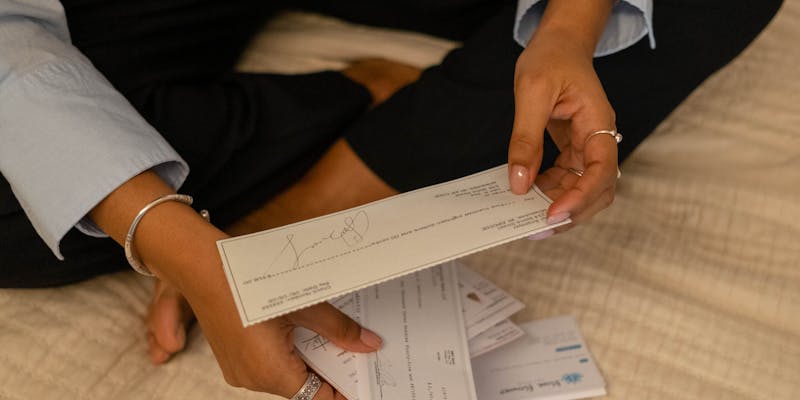
A postdated payment check is scheduled for later. Electronic and check payments can be postdated. When customers arrange a payment plan with their creditors or schedule monthly account deductions, postdated check accounting allows these delayed payments. Postdated payments can be withdrawn only on the designated day.
The Postdate Process
Prepayment for products and services is common. Sometimes, the payer can give the beneficiary a later payment on the postdated check application. Checks are one of several payment options. The payer can write a future date on the check if they want the payee to wait to cash it.
The notes line can also state that the check is postdated. Postdated check adjusting entry can be made electronically. A vehicle loan holder can prearrange electronic fund transfers to the lender. However, money orders and bank drafts can only be postdated if you pay them upfront.
Multiple uses for postdated payments exist. Some examples include the following:
- A person can avoid NSF fees by submitting a postdated check accounting report when their account balance is low.
- Give your landlord postdated rent payments before you move in to prevent late fines if you forget to pay.
- One way to repay debt is to make postdated payments.
Postdated Checks and Payday Loans
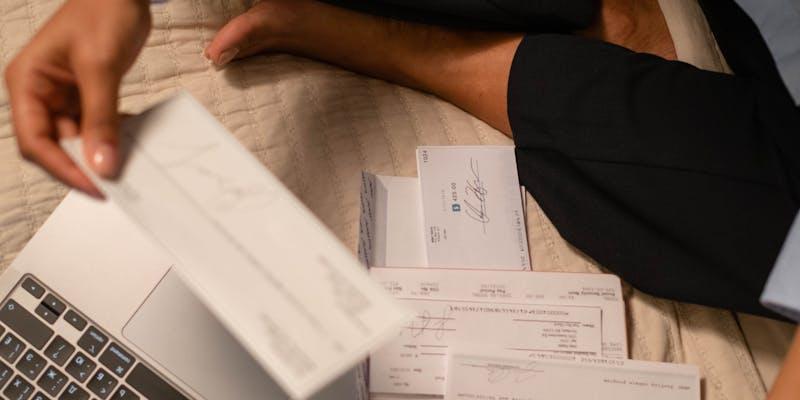
Payday loan consumers often repay with postdated checks. These short-term loans are dangerous for your credit score, a person loans $100$1,500 at hefty interest. For instance, $17.50 per $100 for seven days might yield over 900% annually. Payday borrowers provide a postdated check for the loan amount plus a charge. Lenders cash borrowers' checks on agreed-upon dates, usually on their following payday.
Payday loan customers typically need better credit and higher incomes. They may not have credit cards, requiring them to use local or regional payday loan companies.
What Happens If You Cash Your Postdated Check Early?
There are several possibilities if a recipient cashes a postdated check early.
- Insufficient funds penalties: If a postdated check is cashed early and there isn't always sufficient cash, the bank can also return it. This is called "bouncing" a check. If this happens, you pay NSF fines.
- Overdraft protection: If the bank rejects the check, the recipient may levy a returned check or late payment fee. Writing many checks without enough funds can ruin your trust and connection with payees and lead to legal issues.
Postdated Check Alternatives
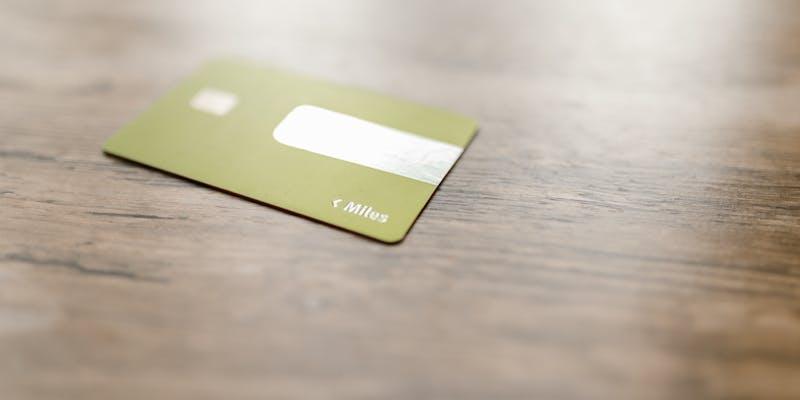
Since postdated check adjusting entry isn't a reliable strategy to avoid account withdrawals, it's essential to examine different methods to deal with circumstances where invoices are due before you have the funds.
Inform the Check Recipient of Your Situation
Discussing the issue with the payer can be the easiest solution. Explaining your scheduling issue to your landlord, service provider, or family member may help you negotiate a new payment date.
If informed and trusted by the payer, receivers are often prepared to wait a few days for payment. However, they aren't compelled to comply with your request. Depending on your relationship with them, this may work.
E-Payment Schedule Instead
An E-payment schedule makes financial planning easier by arranging funds for specified dates. Bill payments are smooth, and your bank's online banking generation permits ordinary and one-time expenses. Paying bills on time saves time and prevents late costs.
Electronic payments are more secure than cheques. Since critical financial information is encrypted, it reduces theft and fraud. Having transactions shielded from illegal access gives peace of mind. Electronic payments also reduce check payment paper use, helping the environment. They are more efficient because they eliminate the handling and processing of paper checks, which can be error-prone.
Credit Cards
Credit cards can help manage financial responsibilities when balance is short. They allow prompt bill payments and offer cash back or rewards points during purchases. A credit card usage instead of postdated check application must be carefully considered. Failure to pay off the balance during the grace period might result in high interest rates, causing financial difficulty.
Budgeting and paying off bills quickly are key to credit card management. Credit cards can be used for necessary purchases and repaid within the billing cycle to avoid interest. Tracking a postdated check, adjusting entry expenditures, and sticking to a budget can also help avoid debt. For informed financial decisions, credit card terms like APRs and fees must be understood. Credit cards with advantageous terms and features that match personal financial goals can maximize benefits and minimize expenditures.
Postdating Risks and Special Considerations
The interval between writing a postdated check application and a banker cashing it might disclose sensitive information for days, weeks, or months. There is a high risk of identity theft, which occurs when someone steals another's personal or financial information to make purchases.
Moreover, the UCC let's lenders secure loans using borrowers' personal property. The 1952 UCC establishes financial contract regulations in most jurisdictions. Article 3, Section 113 of the UCC covers a postdated check application. This clause allows postdated or backdated financial methods and prohibits payments until the method's date.
Despite this rule, banks and credit unions frequently cash postdated instruments early. Many factors can cause this, often unintentionally. A teller may process a check without checking the date, or an individual may deposit a check at an ATM without checking the date. Mistakes might cause early transactions as well. Depositing a postdated check accounting report early can generate financial issues. The check may bounce if the payer needs more money in their account.
This might cause early check cashing, NSF fines, and other financial issues for the payer. Payers and payees must be attentive to avoid such situations. Payers should notify banks about postdated cheques to avoid premature processing. The bank can usually be notified in writing of the check. Payees should likewise avoid depositing a postdated check application early and wait until the date specified.
-
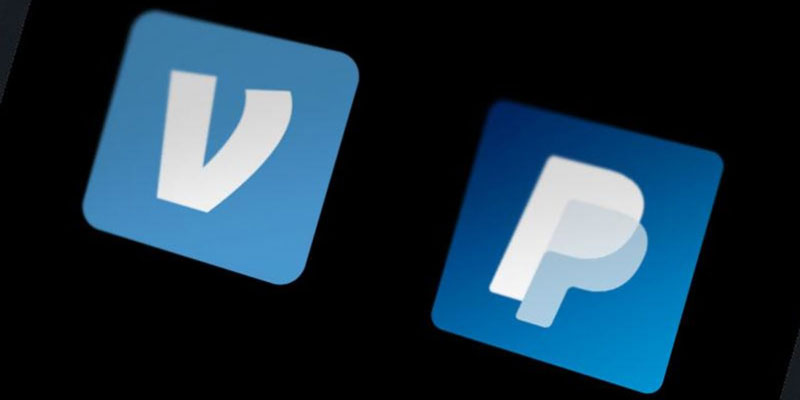
Best for You: Venmo vs. PayPal?
Dec 17, 2023
-
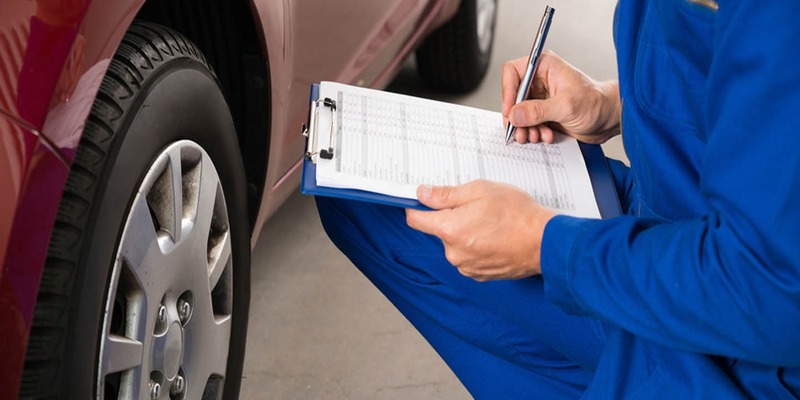
What You Need to Know About Getting Auto Insurance After a Claim
Oct 17, 2023
-

Do You Know: How Much You Can Contribute to Your IRA?
Jan 06, 2024
-

What's the Difference Between Contango and Regular Backwardation?
Oct 20, 2023
-
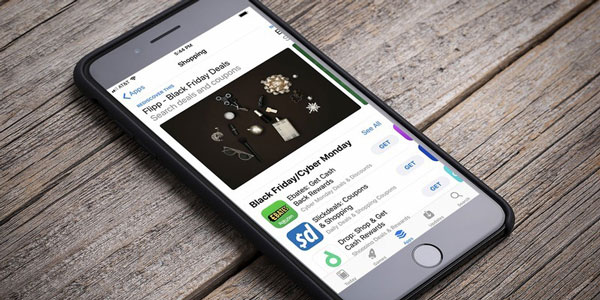
Best iPhone Applications For Black Friday
Dec 01, 2023
-

RealEstateU Review: A Complete Analysis
Feb 12, 2024
-

Bank of England: CBDC brings opportunities and challenges, and the government should design it together.
Nov 24, 2023
-
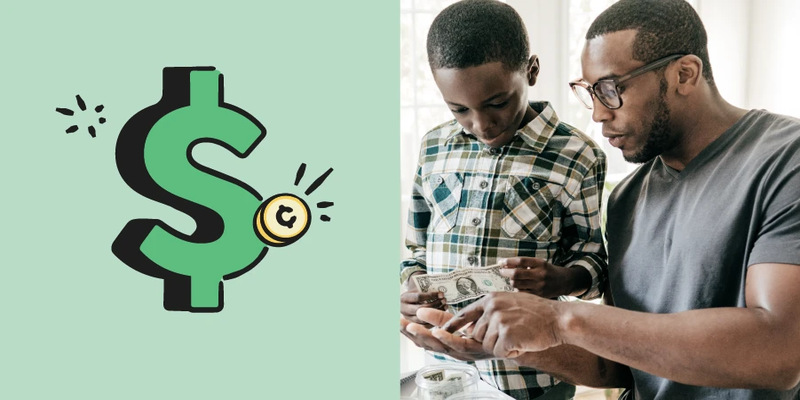
Best Investing Apps for Kids and Teens for 2024
Feb 10, 2024
-

Get to Know How to Use the Dividend Discount Model to Value Stock
Oct 05, 2023
-
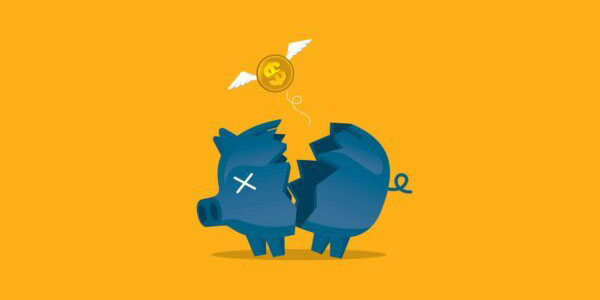
What You Put Into a 401(k) Plan Is Yours to Keep
Jan 12, 2024
-

How Does Long-Short Equity Work?
Dec 29, 2023
-

Investing in your 40s: 8 keys to be ready to retire
Feb 10, 2024